In the digital age of healthcare, maintaining the privacy and protection of patient data isn’t just a responsibility—it’s a legal requirement. Healthcare providers are mandated by laws like the Health Insurance Portability and Accountability Act (HIPAA) to ensure strict confidentiality of sensitive medical information. Northwell Health, one of the United States’ largest healthcare providers, leverages a robust Virtual Private Network (VPN) infrastructure to meet these requirements. The Northwell VPN not only facilitates secure remote access for healthcare workers but also functions as a critical component in safeguarding protected health information (PHI).
Understanding the Importance of Data Protection in Healthcare
All Heading
With increasing reliance on electronic health records (EHRs), telemedicine, and mobile healthcare applications, the risk of cyber threats has escalated. Unauthorized access to patient data can result in severe consequences, including identity theft, financial loss, and reputational damage to healthcare providers.
To combat this, institutions like Northwell have implemented advanced security systems—including powerful VPNs—that act as secure tunnels between remote users and internal hospital servers. These systems are crucial not only for operational efficiency, especially in times like the COVID-19 pandemic, but also for regulatory compliance.
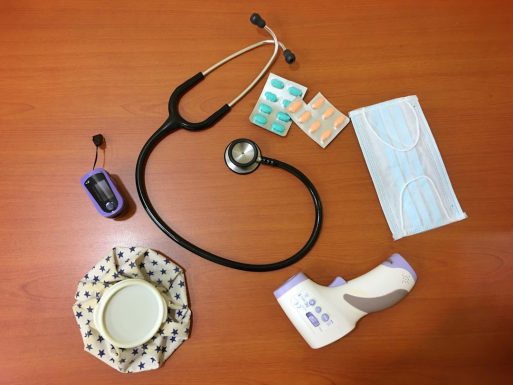
What Is the Northwell VPN?
The Northwell VPN is a secure gateway used by authorized employees, clinicians, and staff to access internal systems such as patient records, medical databases, billing platforms, and other sensitive tools from remote locations. It adds a layer of encryption and authentication that ensures data is transmitted and received securely over public or untrusted networks.
Key Security Features of the Northwell VPN
The Northwell VPN utilizes a wide array of features designed to maximize protection and efficiency. Here are some of the main elements that define its secure architecture:
- End-to-End Encryption: All data sent and received via the VPN is encrypted using advanced protocols such as AES-256, ensuring that even if data is intercepted, it remains unreadable.
- Multi-Factor Authentication (MFA): Before granting access, users must verify their identity through multiple means—typically a password and a smartphone token—adding another barrier to unauthorized entry.
- Role-Based Access Control (RBAC): Permissions are limited to ensure that users can only access information necessary for their roles, reducing the potential damage of a data breach.
- Secure Socket Layer (SSL) Tunneling: This technique encrypts the entire data stream and ensures that communications between devices and the network remain private.
- Regular Security Audits: Northwell’s IT department conducts routine checks and vulnerability assessments to ensure continued compliance with HIPAA standards.
How the VPN Supports HIPAA Compliance
HIPAA outlines strict requirements regarding how electronic Protected Health Information (ePHI) should be handled. Northwell VPN addresses various HIPAA provisions by ensuring three pillars of data security: confidentiality, integrity, and availability.
1. Protecting Confidentiality
The encrypted communication and user authentication processes prevent unauthorized parties from accessing private medical information. This aligns with HIPAA’s Security Rule, which mandates administrative, physical, and technical safeguards to ensure privacy.
2. Ensuring Data Integrity
The VPN tracks all access points and has intrusion detection systems that report anomalies or unauthorized changes to data. This ensures that ePHI remains accurate and unaltered, satisfying HIPAA’s requirements for data integrity.
3. Guaranteeing Availability
Northwell’s VPN infrastructure has failover protocols and redundant servers to provide uninterrupted access to critical systems, ensuring that healthcare professionals can access patient information whenever needed.

Real-World Applications
The Northwell VPN has broadened operational flexibility across the organization. Doctors and nurses can review patient charts while working remotely. Administrative staff can handle billing and scheduling from home. Crucially, all of this can be done without compromising security.
Additionally, telemedicine has seen rapid growth. The VPN enables video consultations, access to test results, and real-time updates to patient records—all through a secure, HIPAA-compliant channel. Thus, Northwell can maintain the same standards of care and confidentiality outside the traditional hospital setting.
Additional Safeguards Empowering the VPN
Beyond its base functionality, Northwell integrates several other technological safeguards into its VPN strategies:
- Firewall Integration: Multiple layers of firewalls monitor and control incoming and outgoing traffic based on pre-set security rules.
- Security Information and Event Management (SIEM): This system collects and analyzes security data in real-time, allowing faster response to any potential threats.
- Auto-Timeouts and Idle Session Logouts: Sessions automatically terminate after periods of inactivity, reducing the risk of unwanted access from unattended devices.
Training and Awareness
While technical tools are essential, human behavior remains one of the weakest links in security. That’s why Northwell also places significant emphasis on employee training. Staff members are educated about phishing attacks, the importance of using strong passwords, and protocols for maintaining online confidentiality. Regular simulations and refresher courses ensure these practices become second nature.
Regulatory Audits and Documentation
HIPAA compliance isn’t a one-time action—it’s an ongoing obligation. Northwell maintains meticulous records of access logs, incident reports, and compliance activities, which are essential during audits. The VPN system is designed to log activity comprehensively, aiding both internal reviews and federal oversight.
Future Developments and Scalability
As remote work and digital healthcare expand, Northwell is investing in making its VPN more scalable and adaptable. This includes adopting zero-trust models, mobile device management (MDM) techniques, and biometric authentication features to further secure data access.
Moreover, cloud integration is underway to align with emerging industry standards while ensuring the migration doesn’t compromise HIPAA compliance.
Conclusion
In an era where data breaches in the healthcare sector are alarmingly frequent, Northwell sets a benchmark in utilizing VPN technology to secure its networks and uphold the highest standards of patient confidentiality. The Northwell VPN is more than just a communication tunnel—it’s a sophisticated, multi-layered shield designed around the principles of security, usability, and compliance.
By embedding strong technical measures with continual staff training and rigorous oversight, Northwell not only fulfills its HIPAA obligations but also fosters patient trust in its digital operations. As healthcare continues to evolve, secure technologies like Northwell VPN will remain linchpins in providing care that is both accessible and protected.
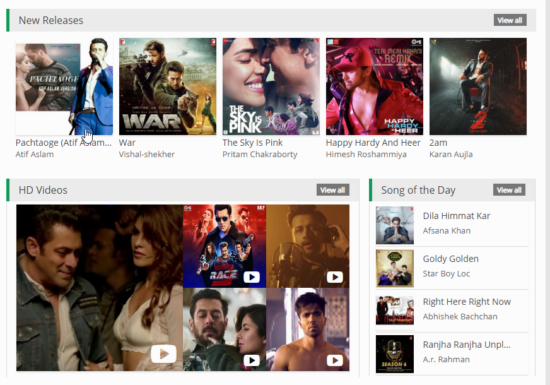

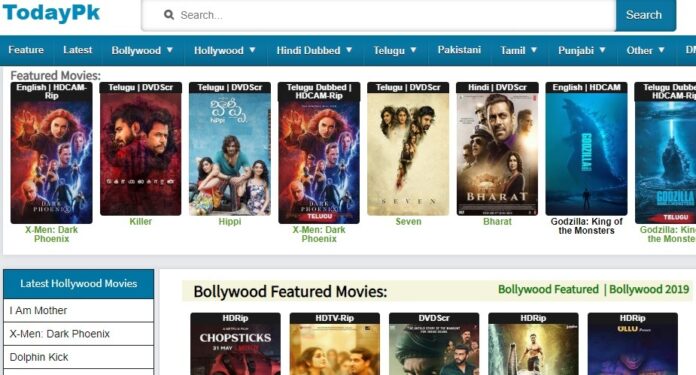





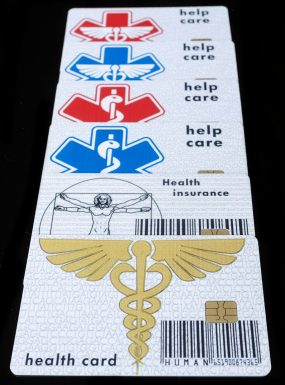
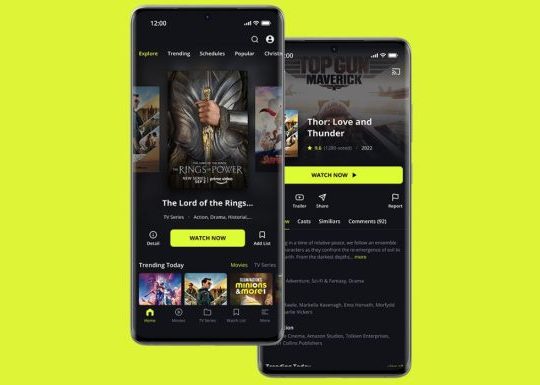


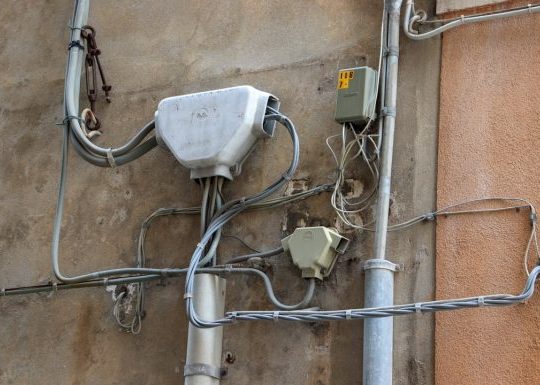
Recent Comments